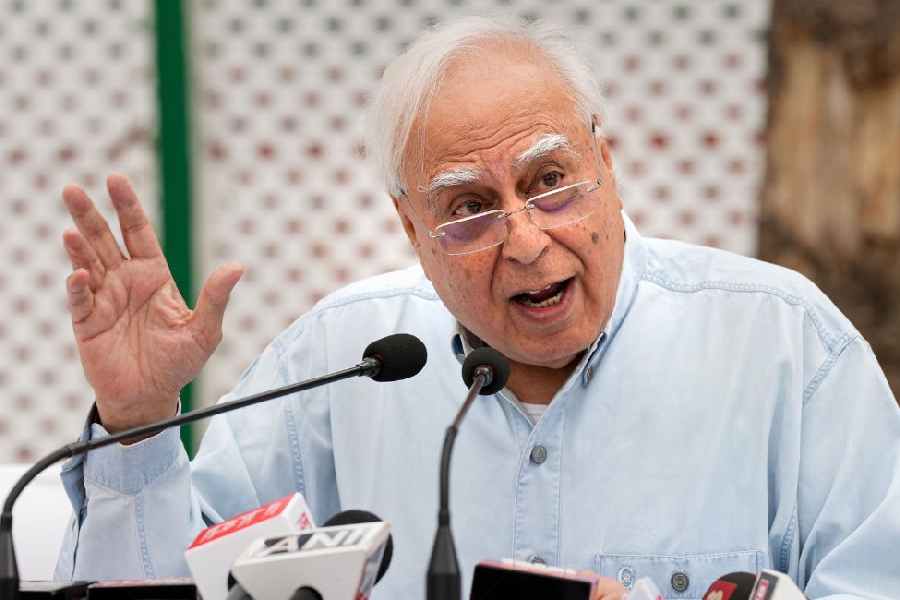The ability of lower court judges to withstand pressure is fundamental to the strength of the justice delivery system. Speaking at the district judges’ conference as president of the Supreme Court Bar Association, Kapil Sibal emphasised the importance of empowering trial, sessions and district court judges to deliver judgments “without fear or favour”. The district judiciary must be given the confidence that their judgments shall not be held against them. Mr Sibal said that since any structure with a weak foundation grows weak in the whole, it was necessary to improve the district-level justice system in the quantity and quality of its manpower and infrastructure. This touches on a serious problem. Mr Sibal referred to the low ratio of judges to the population at this level — 21 judges to a million persons. In developed countries, the number is 100 or 200 judges. The resultant overburdening means that numerous people have to wait indefinitely for justice. The judges’ salaries and pensions are poor too. Besides, courts and their precincts are always overcrowded, often without adequate amenities. It would seem that the lower judiciary’s conditions of work need attention even beyond infrastructure.
The lower judiciary’s reluctance to grant bail was a symptom of the ‘malaise’. Mr Sibal spoke along the same lines on bail as the Supreme Court and the Chief Justice of India. Bail must be the rule and jail the exception was the principle to be followed. Mr Sibal laid stress on this, saying that liberty was the foundational principle of a democracy; anything that throttled liberty hurt the democratic fabric. He reminded the district judges that the Supreme Court had recently talked of bail even for those charged under laws against terrorism, money laundering and narcotic-related crimes. Although facts and circumstances have to be taken into account, bail should always be given in deserving cases. Otherwise bail matters ended up burdening the Supreme Court. It is of great importance for the people that so much stress is being laid on bail in the lower courts. But a way has to be found, too, of insulating the lower judiciary from pressure, whether political or popular, since district courts are the closest to the churn and tensions of society. Like improving manpower and infrastructure, this, too, has to be an inextricable part of strengthening the lower judiciary.










